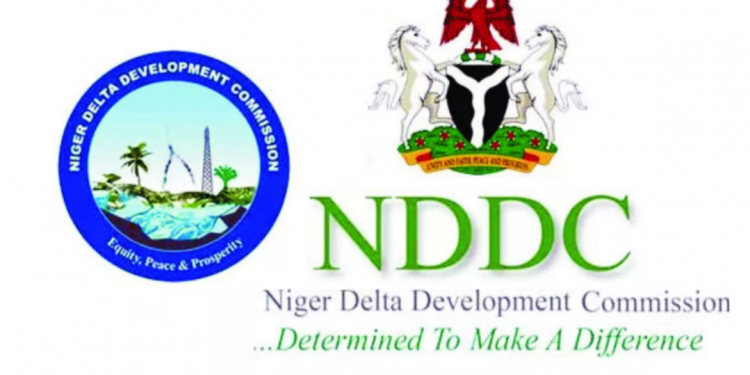The European Union (EU) has committed $6.35 million to train youths and vulnerable groups in entrepreneurship and business development across the Niger Delta, as part of efforts to tackle entrenched poverty and insecurity in the region.
The announcement was made by Chorbe Joshua Gonlur, Consortium Manager for Search for Common Ground, during the Social Media Listening Report validation meeting held in Asaba, Delta State. He explained that a total of 794 individuals primarily young people and other vulnerable groups, will benefit from the programme across Rivers, Bayelsa, and Delta States.
Of the total beneficiaries, 595 participants will be trained under the Search for Common Ground initiative, while 200 will be drawn from the Stakeholder Democracy Network (SDN). The training will be delivered in collaboration with the Foundation for Partnership Initiatives in the Niger Delta (PIND), and will take place in 66 communities where stakeholders have identified urgent livelihood and economic challenges.
Beneficiaries will undergo three to six months of training, depending on the skill area they choose. Upon completion, they will receive starter packs to enable them to establish small-scale businesses, creating pathways for self-reliance and sustainable income.
The programme spans 23 different sectors, ranging from technical and vocational skills to small enterprise development. According to Gonlur, the initiative is designed to offer viable economic alternatives to illegal oil bunkering, cultism, drug abuse, and other social vices that have contributed to instability in the Niger Delta.
Recruitment was conducted through open advertisements within communities, followed by a selection process overseen by local committees to ensure fairness and transparency. Gonlur also revealed that discussions are ongoing with the Ministry of Labour and Employment to strengthen the sustainability of the intervention beyond the initial training phase.
However, some participants at the meeting raised concerns about potential challenges, noting that without robust monitoring mechanisms, transparency, and improved market access for trainees, the programme could face similar setbacks as past empowerment schemes that failed to create lasting impact.
For many communities in the oil-rich but underdeveloped region, the EU-funded initiative represents a renewed opportunity to break cycles of dependency and neglect. Whether this programme will deliver long-term economic empowerment and help reduce insecurity remains a critical test in the months and years ahead.










